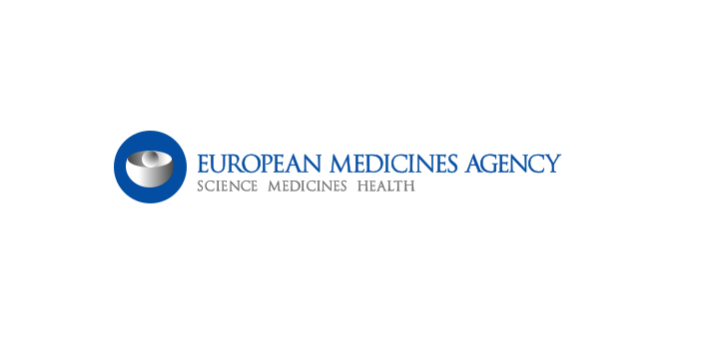In the months of May and June 2022, the European Medicines Agency (EMA) recommended granting various forms of marketing authorisation in the European Union (EU) for the following rare disease-targeted therapies:
- First therapy to treat two types of Niemann-Pick disease, a rare genetic metabolic disorder: Xenpozyme (olipudase alfa), a therapy for the treatment of non-central nervous system (CNS) manifestations of Acid Sphingomyelinase Deficiency (ASMD), a rare and progressive genetic disease. Xenpozyme is indicated for use in children and adults of all ages with type A/B or type B ASMD. Historically referred to as Niemann-Pick disease types A (NPD A) and B (NPD B), ASMD is a genetic disorder.
- First treatment for children with Progeria or progeroid like syndromes (rare premature aging syndromes): Zokinvy (lonafarnib), a treatment for patients with a genetically confirmed diagnosis of Hutchinson-Gilford Progeria Syndrome or progeroid laminopathies. Zokinvy is indicated for use in children one year of age and older.Hutchinson-Gilford Progeria Syndrome is an ultra-rare multi-systemic ‘premature aging’ disease.
- First therapy to treat rare genetic nervous system disorder AADC deficiency: Upstaza (eladocagene exuparvovec), a therapy for the treatment of adult and paediatric patients with severe aromatic L-amino acid decarboxylase (AADC) deficiency with a genetically confirmed diagnosis. AADC deficiency is an ultra-rare, inherited genetic disease which typically manifests within the first year of life.
- First gene therapy to treat severe haemophilia A: Roctavian (valoctocogene roxaparvovec) for the treatment of severe haemophilia A in adults who do not have factor VIII inhibitors (auto-antibodies produced by the immune system which make factor VIII medicines less effective) and no antibodies to adeno-associated virus serotype 5 (AAV5). Patients with haemophilia A cannot produce factor VIII (an essential protein required for blood to clot and stop bleeding); they are more prone to bleeding and have prolonged bleeding, e.g. after injury or surgery. Haemophilia A is a rare debilitating disease affecting approximately 0.7 in 10,000 people in the EU.







